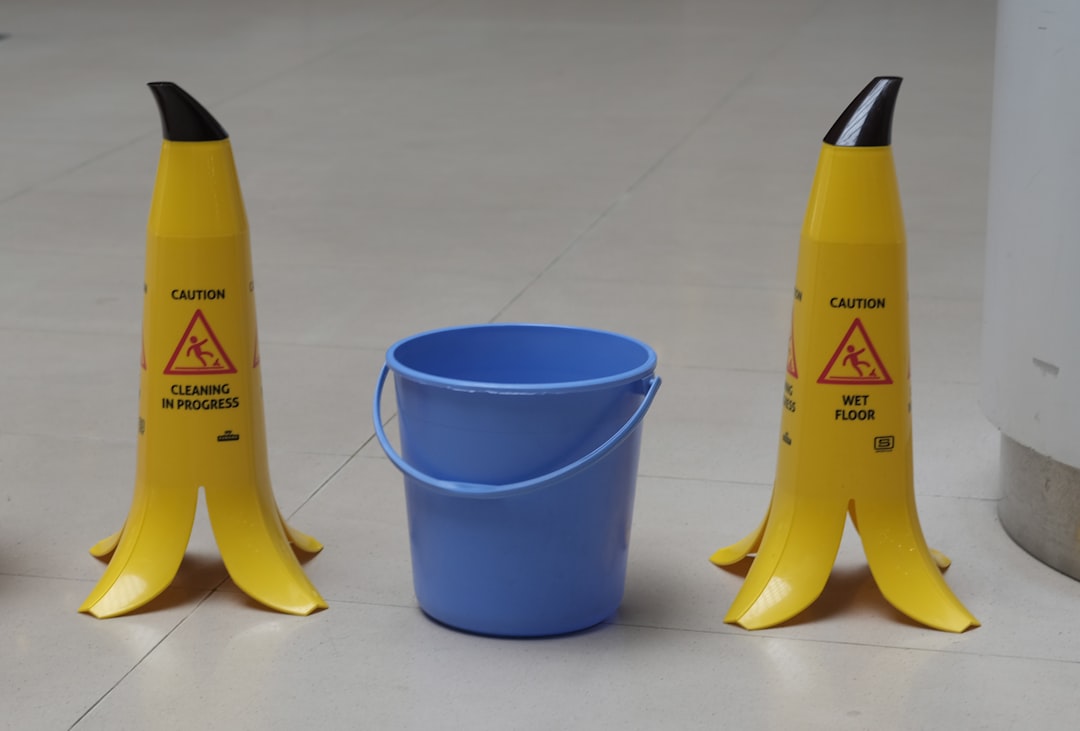Cognitive learning is a vital component of educational psychology, focusing on how individuals understand, process, and retain information. The assessment of cognitive learning is essential for educators and learners alike, as it provides insights into a student’s understanding and cognitive development. This article aims to explore various methods of assessing cognitive learning and their implications for effective teaching and learning.
At its essence, cognitive learning theory suggests that learning involves the active construction of knowledge rather than mere memorisation. Consequently, assessments should reflect this understanding, moving beyond rote learning to evaluate deeper comprehension and critical thinking. Various assessment methods can be employed to gauge cognitive learning effectively.
Formative assessments are one of the primary tools educators use to monitor student progress throughout the learning process. These assessments occur during instruction and provide immediate feedback to both students and teachers. Techniques such as quizzes, class discussions, and interactive activities can help identify areas where students excel and where they may struggle. By using formative assessments, educators can adapt their teaching methods to better meet the needs of their students.
Summative assessments, on the other hand, evaluate a student’s learning at the end of an instructional period. These assessments typically take the form of exams, projects, or presentations, aimed at measuring overall understanding and retention of knowledge. Summative assessments are crucial for determining whether educational objectives have been met and for informing future curriculum decisions.
Performance-based assessments are increasingly recognised for their effectiveness in assessing cognitive learning. These assessments require students to demonstrate their understanding through practical application, such as group projects or real-world problem-solving scenarios. This approach not only evaluates knowledge but also assesses critical thinking, creativity, and collaboration skills, which are essential in today’s learning environments.
Incorporating technology into cognitive learning assessments has become increasingly important. Digital tools can facilitate adaptive assessments that adjust difficulty levels based on a student’s responses, providing a personalised learning experience. Online platforms also enable collaborative learning, where students can engage with peers, share ideas, and develop their understanding of complex topics in a supportive environment.
Moreover, self-assessment plays a crucial role in cognitive learning. Encouraging students to reflect on their learning process fosters metacognitive skills, enabling them to evaluate their understanding and identify areas for improvement. Tools such as learning journals and portfolios can help students track their progress and set achievable goals, promoting a sense of ownership over their education.
For educators seeking to deepen their understanding of cognitive learning assessment, resources such as Cognitive Learning Hub offer valuable insights and practical tools. These resources can assist in developing effective assessment strategies tailored to individual learning needs.
In summary, the assessment of cognitive learning is a multifaceted process that requires a blend of formative, summative, and performance-based assessments. By embracing diverse assessment methods and leveraging technology, educators can create an engaging learning environment that fosters critical thinking and deeper understanding. To explore further aspects of cognitive learning and its assessment, including an assessment of cognitive learning, additional resources are available for those interested in enhancing their educational practices. Understanding and implementing effective assessment strategies will ultimately contribute to improved educational outcomes and student success.











